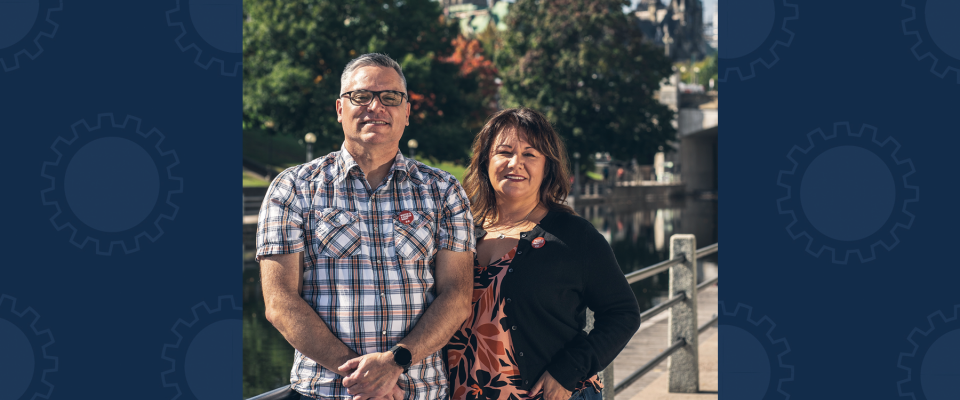With over two decades of experience in water systems, David Martin ensures that the Canadian Forces Base at Goose Bay maintains a supply of safe and clean drinking water day in and day out as an industrial water treatment technician.
As an Inuit member, he considers himself fortunate to have access to safe, clean drinking water, a privilege that many Canadians take for granted. Far too many Indigenous communities across Canada still grapple with unreliable access to clean, safe water.
In 2015, the Liberal government promised safe drinking water for everyone in Canada by 2021. But today, there are still 67 long and short-term drinking water advisories affecting First Nations reserves. The government does not track boil water advisories in many other Indigenous communities such as Inuit and Métis settlements.
Access to clean, safe drinking water is a fundamental human right. The absence of clean water directly contributes to a myriad of health problems and should be treated as a public health emergency, yet it continues to be inadequately addressed.
For David, an expert in water systems, the solutions are readily available and not always complex. Unfortunately, the issue remains a lack of federal funding to prioritize clean water and allocate resources to implement solutions.
According to a 2021 report by Canada’s Parliamentary Budget Officer, the government is falling short by $138 million per year in investments to build and maintain water systems for First Nations.
“A comprehensive study should be done of all contaminated sites,” said Martin. “It's crucial to assess the severity of the situation. This study would not only provide insights into water treatment methods, but also determine whether it's safe for people to continue living there.”
The next step should be to determine the kind of decontamination that is needed.
“All solutions need to be Indigenous-led,” he said. “This is the only way to resolve long-term water issues. Indigenous communities are tired of the government’s paternalistic ways – they need more control over their waters, lands, and resources. This represents a vital step towards reconciliation.”
Michelle Woods, who works at Indigenous Services Canada and is one of PSAC’s Ontario National Indigenous Peoples Circle representatives agrees the key to solving the water crisis is adequate funding.
“We need to keep raising awareness” she said. “Keep letting people know what’s going on, encourage them to learn about how communities are impacted, how people are living there and how the water crisis is affecting them.”
Water is essential to sustaining life and our communities, and we have a responsibility to be its stewards with the guidance of Indigenous peoples.
Find out more about PSAC’s partnership with Indigenous communities fighting for water justice through the Still Thirsty for Justice campaign.
 Member Login
Member Login



